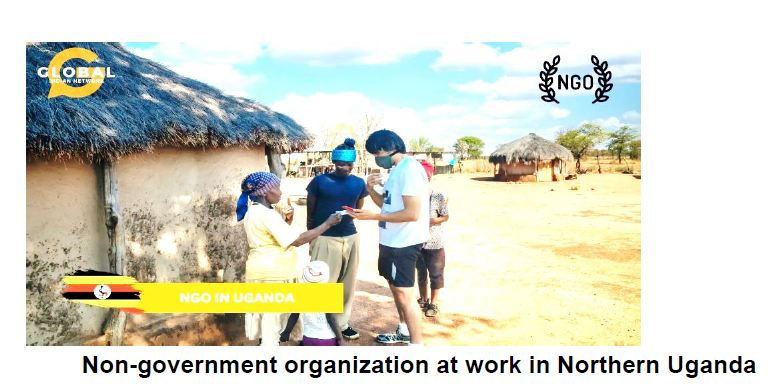Back to: History New Curriculum Question and answer s1 to s4 notes
Item sixteen History question new curriculum
In last decade, East Africa has witnessed an increase in foreign Non-Governmental and Civil Society Organizations. In some communities in Uganda, local leaders mistakenly believe that many of these foreign Non-Governmental Organisations(NGOs) are opposed to the government, despite their primary focus on humanitarian work. As a result, many of these foreign NGOs are withdrawing from your area and the entire country, which has negatively affected important community services and support systems.

Task:
a)
Write an essay to your local leaders convincing them about these organisations to continue operating in your area.
Expected responses;
Identify a problem in the scenario; Local leaders have wrongly held the belief that these NGOs are against the government’s interests, despite their primary focus on humanitarian work.
There is need to educate our local leaders and make them aware of the invaluable contributions that foreign NGOs can bring to our area
Give a relevant introduction; Non-Governmental Organisations are independent organisations that operate apart from government control, often focusing on specific social environmental or humanitarian causes.
Learner should:
•
Explain the relevant roles of NGOs that will convince the local leaders to allow them operate in their communities/areas as follows;
•
Poverty Alleviation: NGOs in Uganda often implement poverty reduction programs that focus on income generation, vocational training, and microfinance initiatives. They work with marginalized and vulnerable communities to help them lift themselves out of poverty.
•
Education: NGOs are active in improving access to quality education in Uganda. They build schools, provide scholarships, and promote girls’ education, which is a critical issue in the country. They also offer teacher training and work to improve educational infrastructure.
•
Healthcare: Many NGOs in Uganda are involved in healthcare initiatives, including building health centers, providing medical supplies, and supporting public health campaigns. They focus on issues like maternal and child health, HIV/AIDS prevention and treatment, and access to clean water and sanitation.
•
Agriculture and Food Security: NGOs work to improve agricultural practices, promote sustainable farming methods, and provide farmers with training and
29 | P a g e C B C – H i s t o r y s e m i n a r – 2 0 2 4
resources. This helps increase food production, reduce hunger, and enhance food
security.
•
Environmental Conservation: Several NGOs in Uganda focus on environmental conservation and sustainability. They work to protect natural resources, promote afforestation, and combat climate change. Conservation organizations help preserve Uganda’s rich biodiversity and fragile ecosystems.
•
Human Rights and Advocacy: NGOs in Uganda play a critical role in advocating for human rights, social justice, and good governance. They raise awareness about issues like corruption, gender equality, and the protection of vulnerable populations, including refugees and internally displaced persons.
•
Community Development: NGOs often work at the grassroots level, engaging with local communities to identify their specific needs and priorities. They facilitate community development projects and capacity-building initiatives to empower local residents to take charge of their own development.
•
Emergency Relief and Disaster Response: In times of natural disasters or emergencies, NGOs provide immediate relief by distributing food, clean water, and emergency shelter. They also contribute to long-term recovery and reconstruction efforts.
•
Advocacy and Policy Influence: NGOs in Uganda are actively engaged in policy advocacy and lobbying for changes in government policies and practices to benefit marginalized and disadvantaged communities. They work to hold the government accountable for its obligations to the public.
•
Civil Society Strengthening: NGOs play an important role in strengthening civil society in Uganda. They help in building the capacity of local organizations, enabling them to be more effective in their work and advocacy.
•
HIV/AIDS Prevention and Treatment: Given the high prevalence of HIV/AIDS in Uganda, many NGOs focus on prevention, care, and support services for individuals and families affected by the virus. They also advocate for policies to combat the epidemic.
•
Education and Awareness: NGOs conduct awareness campaigns on various issues, from health and sanitation to women’s rights and child protection. They often use community outreach and media campaigns to disseminate information and change behaviour.
•
Education and Empowerment: NGOs work to improve education access and quality. By supporting schools, scholarships, and vocational training, they help to create a more educated and skilled workforce.
•
Environmental Conservation: Many NGOs are deeply involved in environmental conservation and sustainable development projects, helping to protect our natural resources and promote responsible land use.

Leave a comment